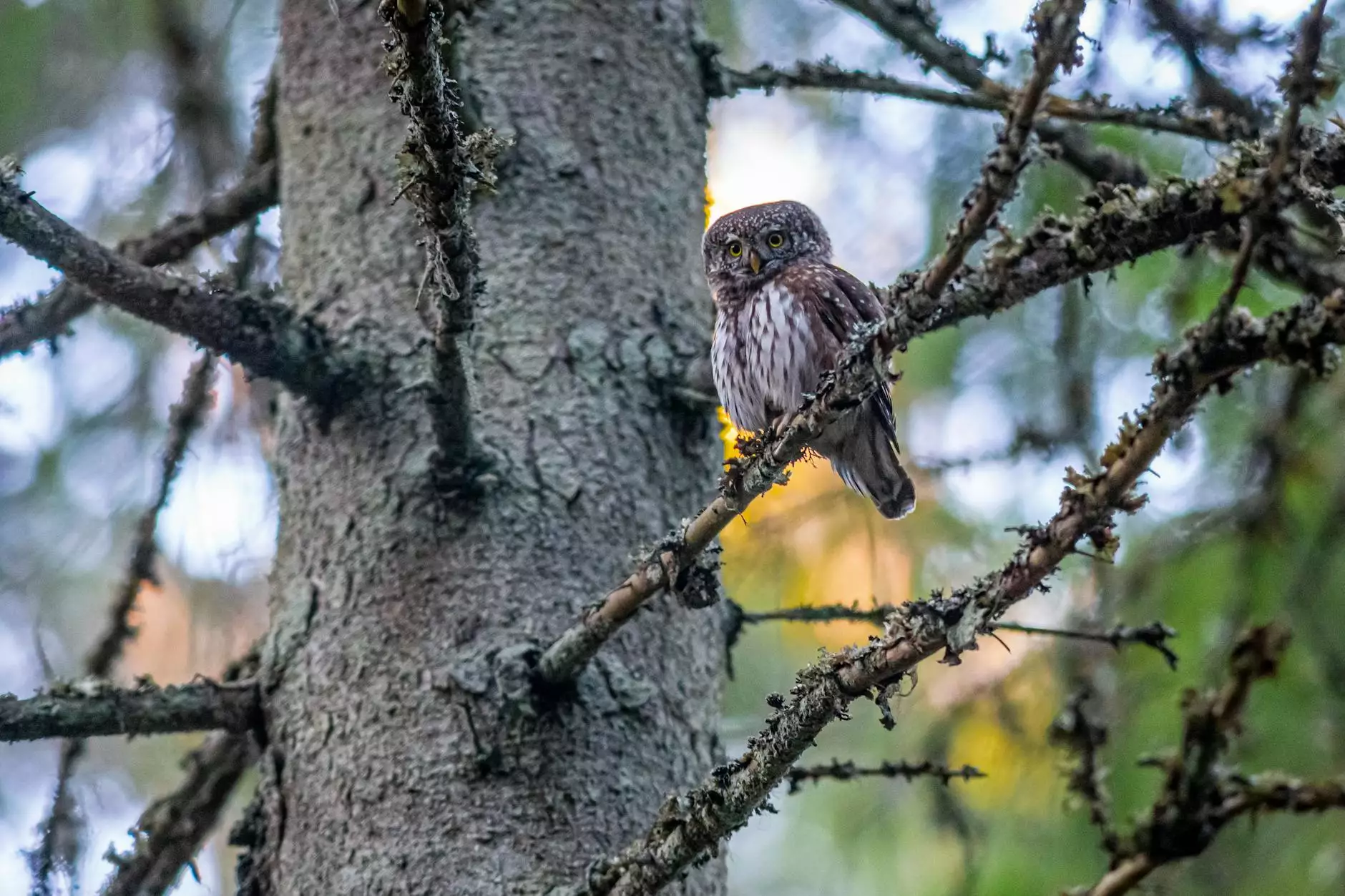Wild Wednesday - Roseate Spoonbill

Introduction
Welcome to Aventuras Naturales, your premier source for all things related to travel and tourism. In this edition of Wild Wednesday, we bring you a fascinating insight into the majestic Roseate Spoonbill - a bird species that exhibits remarkable beauty and uniqueness. Join us as we embark on an exciting journey to explore the wonders of nature!
Overview
The Roseate Spoonbill (Platalea ajaja) is a striking bird known for its vibrant pink plumage and distinctive spoon-shaped bill, which gives it its name. Found in wetlands and coastal regions, particularly in North, Central, and South America, these elegant creatures are a sight to behold. Aventuras Naturales is here to shed light on their habitat, physical features, behavior, and more.
Habitat and Distribution
Roseate Spoonbills are primarily found in marshes, swamps, estuaries, and coastal lagoons. They inhabit both freshwater and saltwater environments, making them adaptable to various ecosystems. You can spot them in Florida, Louisiana, Texas, and other Gulf Coast regions in the United States, as well as in parts of Mexico, Central America, and South America.
Physical Characteristics
With a wingspan of up to 5 feet (1.5 meters) and an average height of around 2.5 feet (0.76 meters), these medium-sized wading birds are truly remarkable. Their elongated legs are a vivid shade of pink, contrasting beautifully with their snowy white bodies. The most striking feature, however, is their bill - long, flattened, and spoon-shaped, allowing them to sift through mud and water in search of prey.
Feeding Behavior
Roseate Spoonbills are predominantly filter feeders, relying on their specialized bills to scoop up food from shallow water bodies. Their diet consists of small fish, amphibians, crustaceans, and aquatic insects. They swing their bills from side to side in a distinctive manner, following the movement of prey, and often forming groups to forage together, creating an enchanting spectacle for nature enthusiasts.
Mating and Reproduction
These birds engage in elaborate courtship displays, where males and females interact through various rituals, including bill-touching and feather fluffing. Once a pair is formed, they build nests using sticks, branches, and vegetation, often in treetops or bushes. The female typically lays 2-4 eggs, which both parents take turns incubating for around 3 weeks. The journey from hatching to fledgling takes approximately 6-7 weeks, during which the parents provide constant care and protection.
Conservation Status
While the Roseate Spoonbill population was once threatened due to hunting and habitat degradation, various conservation efforts have helped their recovery in recent years. They are currently classified as a species of least concern by the International Union for Conservation of Nature (IUCN). Aventuras Naturales actively supports environmental organizations working towards the preservation of wildlife habitats and raising public awareness about the importance of conservation.
Plan Your Adventure
Ready to witness the stunning Roseate Spoonbill in all its glory? Aventuras Naturales offers exceptional travel packages that include expert-guided tours to prime locations where you can observe these majestic birds in their natural habitat. Immerse yourself in the serene beauty of wetlands and coastal regions while expanding your knowledge of avian ecology and biodiversity. Contact us today and embark on an unforgettable journey into the wild!










